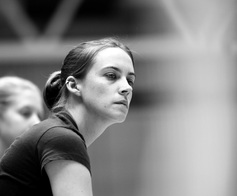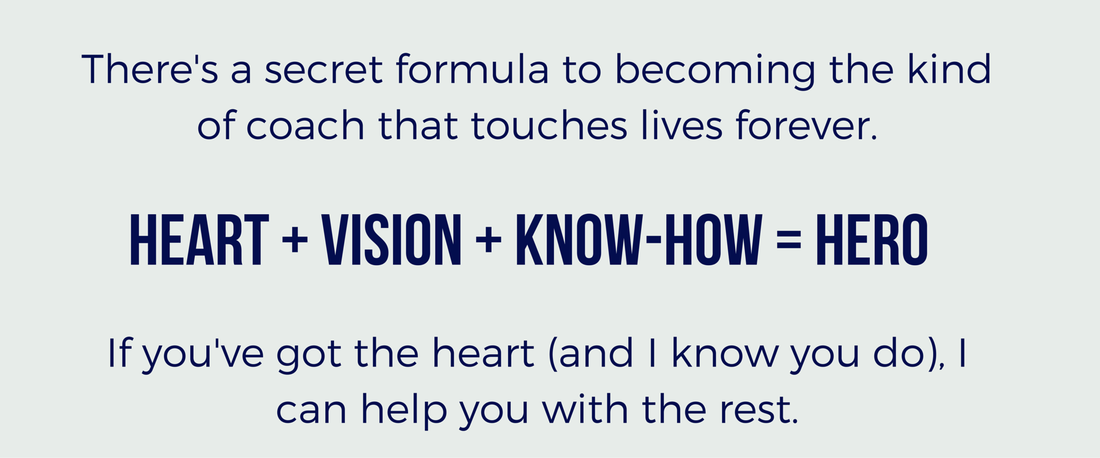- Empathy is more than to sympathize, it allows people to use their knowledge to improve their companies in subtle but important ways.
- How to cultivate empathy?
1. Listen deepy and actively
2. Be curious
3. Be vulnerable
4. Work on your self-awareness
5. Put yourself in other people's shoes
Why do you make stupid decisions.... on TheConversation
- One reason for making stupid decisions is our inbuilt cognitive biases = we make quick decisions then seek to prove ourselves right.
- Humans tend to avoid Cognitive Dissonances = if a fact doesn't fit our beliefs, we seek to change the fact rather than our belief.
- A further reason to ignore experts us to avoid social discomfort, it is easier to rely on the judgments of our peers instead.
Leadership lessons from the All Blacks, on i-l-m
1. Build a "We" culture
2. Empower your teams. Individual responsibility. Create a self-managing, self-improving environment.
3. Create an environment where individuals learn to make great decisions.
4. Make it fun.
5. Get the mindset right.
Captaincy: Why authenticity matters, on espncricinfo
- Many different approaches to leadership. "Only prerequisite is a degree of authenticity. So long as the captain is being himself, he has a fighting chance".
Why cultures beat policies every time, on growingleaders
- A new culture creates a new normal
- Culture is shaped by:
1. Action and behaviour of leaders
2. What leaders pay attention to
3. What is rewarded and punished
4. Allocation and attention of resources
Seven tools for thinking.... on learningspy.co.uk
This is a series of 7 blogs commenting on Daniel Dennett's 7 Tools for Thinking.
1. Use your mistakes
- trick to making good mistakes is to not hide them. Savour your mistakes and delight in understanding what led to them.
2. Respect your Opponents (Principle of Charity)
- The Principle of Charity is to assume, until proven otherwise, anyone who disagrees with us is as intelligent, informed and ethical as we are, and we should strive to interpret their claims and evidence in the most positive way possible.
3. The "Surely" Klaxon
- Use of the word "surely" often indicative of weak point in argument.
4. Answer Rhetorical Questions
- Rhetorical questions show willingness to take a short cut. Pursue the line of reasoning, is there an unobvious answer to be considered?
5. Employ Occam's Razor
- "All things being equal, simplest solution is usually the best one"
- "It is pointless to do with more what is done with less"
- Remember it is only a heuristic device and proves nothing
6. Don't Waste Time on Rubbish
- there is plenty of substandard if you look for it. Don't waste time with it, focus on the best stuff you can find and critique that to learn.
- Don't trust sweeping statements. In a complex system, average isn't very useful.
7. Beware of "Deepities"
- Deepity = proposition that seems important, true and profound, but achieves this by being ambiguous.
- Something may sound profound but is it bland to the point of being meaningless? Avoid ambiguity.



 RSS Feed
RSS Feed
